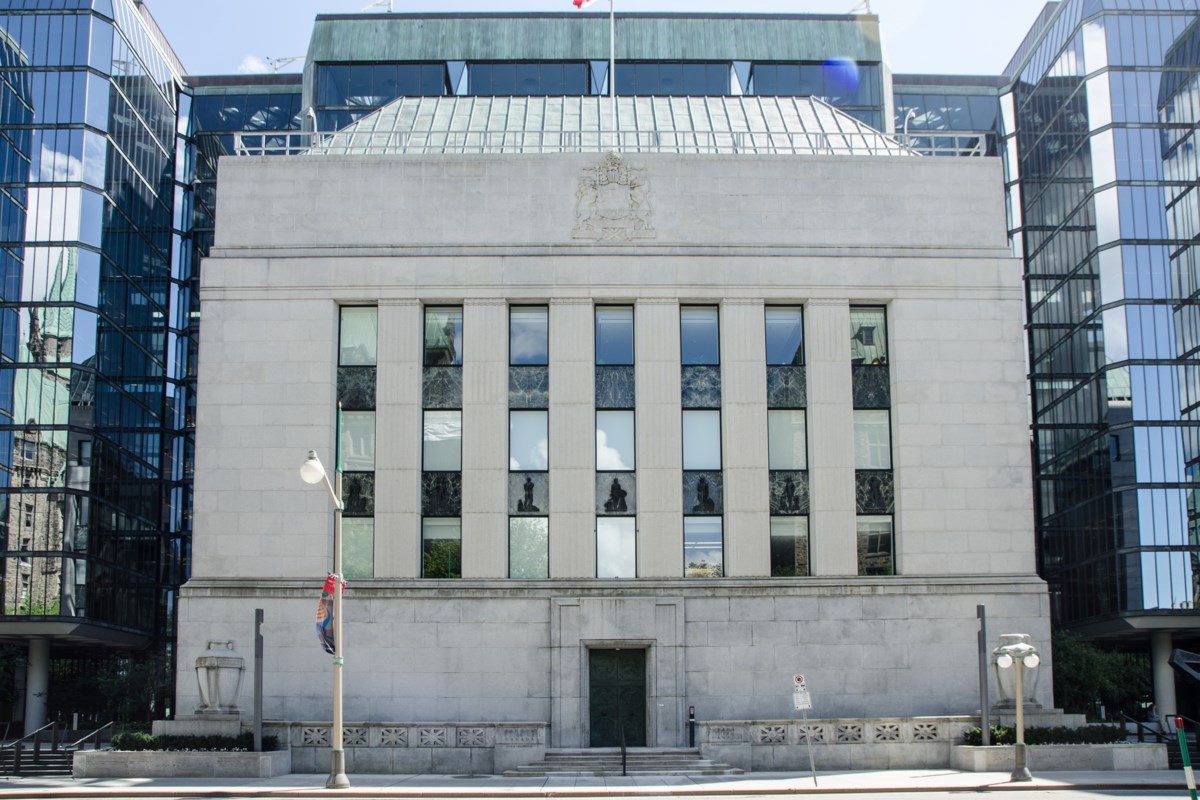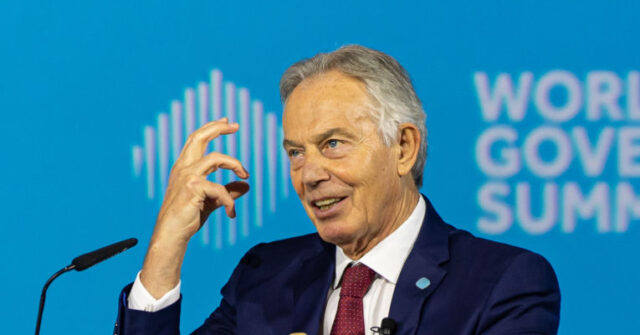British government to face first political test in local elections

Open this photo in gallery: A campaign poster for the Reform UK political party is displayed in the window of a property in the town centre of Runcorn, northwest England, on April 24.OLI SCARFF/AFP/Getty Images Millions of voters in England head to the polls on Thursday in a series of local elections that have become a referendum on British Prime Minister Keir Starmer’s government and a test of support for upstart Reform UK and the embattled Conservatives. More than 1,600 council seats are being contested in 24 local authorities. There are also mayoral elections in six metropolitan regions and one parliamentary by-election. The results will be seen as a verdict on Mr. Starmer, who has struggled since he led Labour to a sweeping victory in the general election last July, ending 14 years of Conservative rule. Since then, the economy has stagnated and the government has done little to ease public concerns about the soaring cost of living. A recent poll by online polling firm YouGov found that just 16 per cent of those surveyed approved of Labour’s performance. Thursday’s elections will also offer an indication of whether Reform, led by right-wing populist Nigel Farage, can translate its recent surge in several opinion polls to electoral success. Reform has topped Labour and the Conservatives in some polls. The party is hoping to pick up hundreds of council seats and win two mayoral contests in Greater Lincolnshire, and Hull and East Yorkshire. A breakthrough by Reform, which won five seats in last year’s election, could alter the long-standing dominance of Labour and the Tories. “This is a moment in time for British politics, there’s no question. A moment where something might radically change,” said Tony Travers, associate dean of the School of Public Policy at the London School of Economics. Since Reform was renamed from the Brexit Party four years ago, Mr. Farage has made no secret of his desire to replace the Conservatives as the main opponent to Labour. He has frequently cited the success of the Reform Party of Canada, which finished off the Progressive Conservatives in the 1990s. The party, later renamed the Canadian Alliance, eventually merged with the PCs to create the Conservative Party of Canada. Canada’s Reformers “didn’t waver,” Mr. Farage told The Globe and Mail during the election campaign last summer. “They didn’t listen to the criticism, and in the end they sort of reverse-took-over the old Conservative Party. They are the model.” Mr. Travers said the comparison to Canada only goes so far and he noted that the British Conservative Party has deep roots and a long history of winning elections. Many moderate Conservatives would also be enormously uncomfortable merging with Reform. “However, the weaker they get and the stronger Reform gets, the harder it is to hold that line,” he said. “I think it’s too early to judge how that will end up.” Mr. Farage has been on the political scene for decades and spent years campaigning to pull Britain out of the European Union, which finally happened in 2020. He has embraced populist causes, such as slashing immigration, and he’s a close ally of U.S. President Donald Trump, although he has distanced himself amid Mr. Trump’s global trade war. He is also the most divisive political leader in Britain, which could hamper Reform’s electoral chances, said Sara Hobolt, a professor in the LSE’s Department of Government. “He gets the highest popularity scores among his own partisans and the lowest from supporters of other parties. And that matters in terms of how much he can hope to expand his electoral base,” she said. Any Reform gains on Thursday will likely come at the expense of the Conservatives, which have the most to lose. The council seats up for election were last contested in 2021 when the Conservatives were in power and riding high in the polls. Then-prime minister Boris Johnson was at the peak of his popularity, having successfully rolled out a vaccine to combat the COVID-19 pandemic. The party’s fortunes quickly tumbled. Mr. Johnson was forced out as leader in 2022 amid a series of scandals and the party lost more than 250 seats in the 2024 general election. Heading into Thursday’s vote, the Tories hold close to 1,000 of the 1,600 council seats being contested and most observers expect them to lose around half. Tory Leader Kemi Badenoch has acknowledged the party faces a tough election. “If you map that general election result of 2024 onto this coming May, then we don’t win the councils we won in 2021. We lose almost every single one,” she told reporters in April at the campaign launch. Labour, which is defending about 280 seats, is also expected to do poorly because of a voter backlash against the government. The by-election in the riding of Runcorn and Helsby, outside Liverpool, could be illustrative of Labour’s plight. The party’s candidate, Mike Amesbury, won the riding with a 14,696-vote majority last July. He resigned earlier this year after being convicted of punching a constituent and polls show Reform with a slight lead. “I’m just going for gold,” Mr. Farage told Times Radio this week. “We are going out to win and we have got a chance of doing it.”



















